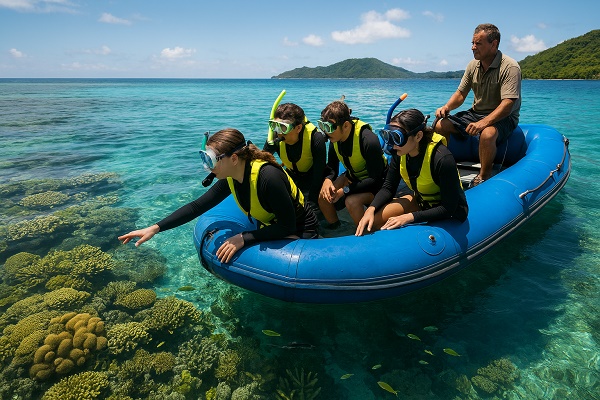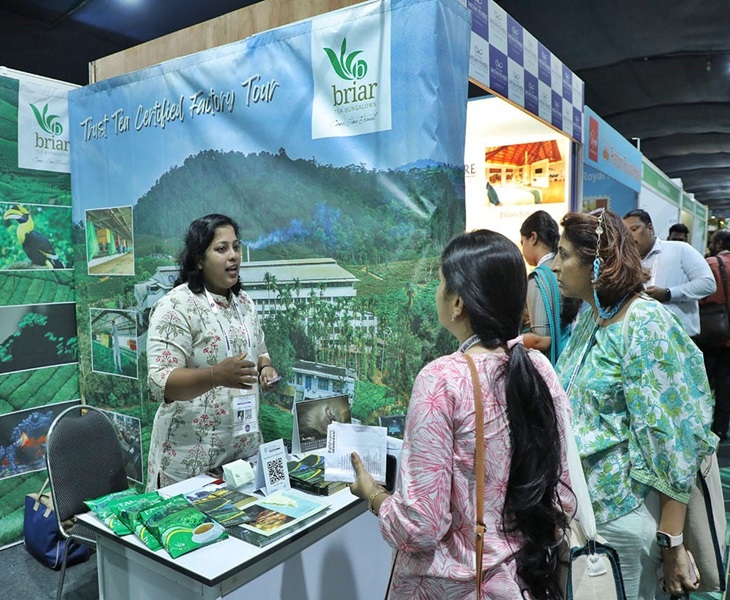Ecotourism: Exploring Nature with Purpose and Care

What is Ecotourism?
Ecotourism is a form of travel focused on visiting pristine, often protected, natural areas with the intention of conserving the environment and improving the well-being of local people. It seeks to foster a deeper appreciation for nature and promotes responsible travel practices that avoid harming ecosystems.
Key Principles of Ecotourism
Conservation of Nature: Protecting biodiversity and habitats is at the core of ecotourism. Visitors are encouraged to respect wildlife, avoid pollution, and support conservation efforts.
Education and Awareness: Ecotourism educates tourists about the ecological importance of the areas they visit and the challenges faced by the environment.
Sustainable Practices: It involves minimizing waste, using renewable resources, and reducing energy consumption to limit environmental impact.
Support for Local Communities: Ecotourism promotes local economic development by creating jobs and encouraging the use of locally sourced products and services, thereby preserving cultural heritage.
Popular Ecotourism Destinations
From the lush rainforests of the Amazon and Costa Rica to the serene national parks of Kenya and the coral reefs of Australia’s Great Barrier Reef, ecotourism offers a wide array of destinations. These places not only showcase the planet’s natural beauty but also highlight ongoing efforts to protect it.
Benefits of Ecotourism
Environmental Protection: Funds generated from ecotourism often go directly into conservation programs.
Cultural Preservation: It helps sustain indigenous traditions and crafts by involving local communities.
Economic Growth: Provides alternative income sources, reducing dependence on activities that harm the environment.
Personal Growth: Tourists gain awareness and appreciation for the environment, often leading to more sustainable lifestyle choices.
How to Practice Responsible Ecotourism
Choose certified eco-friendly accommodations.
Follow guidelines for wildlife observation without disturbance.
Use eco-friendly products and avoid single-use plastics.
Respect local customs and cultures.
Participate in volunteer opportunities or conservation projects when possible.
























